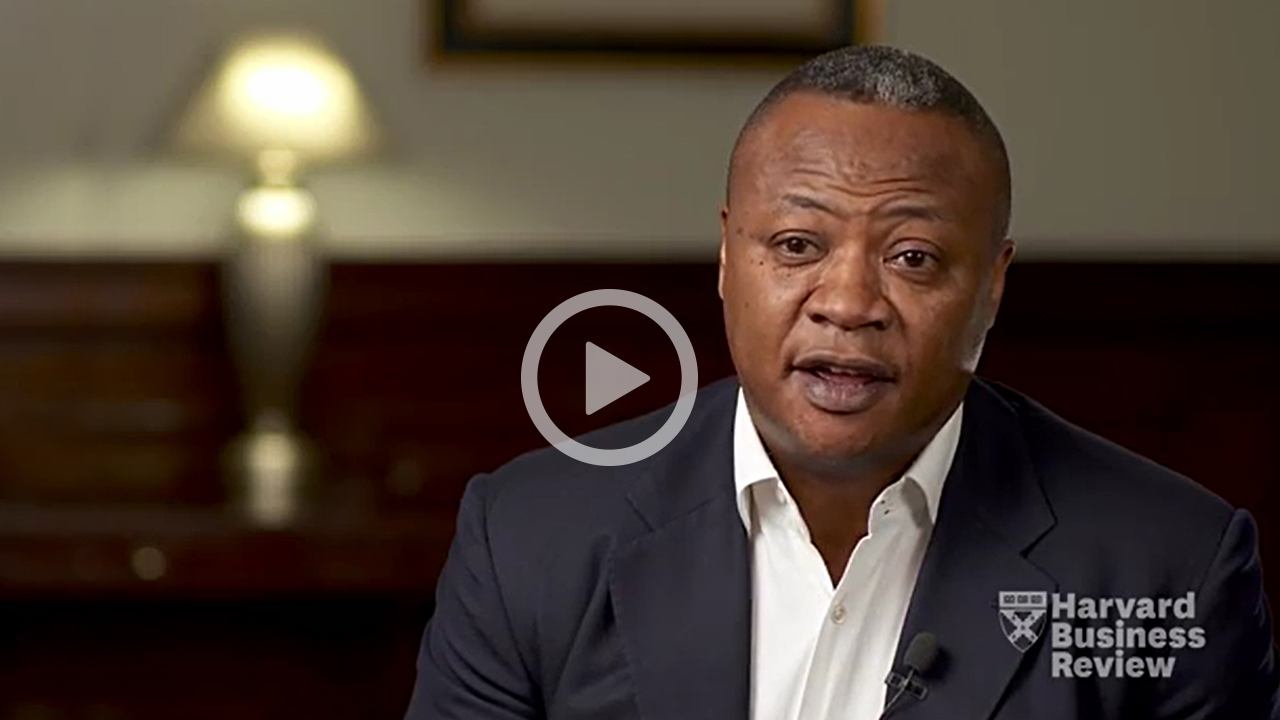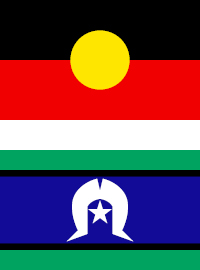A cultured approach to crisis

Why do some teams and entire industries navigate change or crisis and come out stronger – while others break apart?
At the core of any business is the culture – because that is what binds your biggest asset: your employees. Businesses with a strong positive culture nurture happy and passionate employees who are more productive. This means they work smarter and faster to gain the competitive advantage – even through difficulty. Pronto Software is an example of such a business with a history that includes employees who took out personal loans to fund a buy-out and build the strong organisation we have today.
The French have a phrase: raison d’être. Roughly translated it means the purpose for existence. An organisation’s culture encapsulates this sentiment. Your culture sets the tone for the ways of thinking, processes and behaviours that guides what work is accomplished and how. In that sense culture is the operating system of a business. In the short video below, author and respected executive coach, René Carayol shares why the obsession with strategy should not overlook the importance of culture. Though taken a few years ago, Carayol’s words of wisdom stand the test of time.
In their Harvard Business Review article, Frances Frei and Anne Morriss write: “Employees make hundreds of decisions on their own every day and culture is our guide. Culture tells us what to do when the CEO isn’t in the room. Culture guides discretionary behaviour and it picks up where the employee handbook leaves off.”
Culture combats COVID-19
In a crisis situation, you’re running against the clock. A strong positive culture nurtures resilience and the commitment to make the hard decisions – and work through the outcomes. If the ground is shifting as you speak, you need a team who you know will work for the ball and collaborate to score the goal – regardless of how much of a long shot it is!
The Australian Manufacturing sector is a great example of how strong culture in an industry can show incredible results in a global crisis. Coming into prominence after World War 1, with Australia’s recognition that we needed our own industries, the COVID-19 crisis has seen Australian businesses band together again to achieve incredible results.
ASX-listed Micro-X, which makes mobile X-ray technology, is experiencing a spike in demand* from across the globe because of the frequency of X-rays required for COVID-19 patients — to monitor the life-threatening levels of fluid in their lungs. Micro-X had developed small LED versions of X-ray tubes, where the competing X-ray tubes sometimes weighed 30 kilograms.
Shane Warne, former Australian cricketer and founder of SevenZeroEight Gin, has led his business to make a switch in recent days to manufacturing hand sanitiser. In Queensland Bundaberg Rum will be donating 100,000 litres of ethanol to the Queensland Government – enough alcohol to produce around half a million bottles of hand sanitiser. Medical device company ResMed is more than tripling its output of ventilators – an incredibly important effort.
Outside Australia, Inditex, parent company of fashion retailer Zara, is trying to convert part of its textile manufacturing capacity in Spain to make hospital gowns as the country fight this pandemic. It is also planning to donate 300,000 masks and make its logistics and supplier network available to meet demand of emergency medical supplies. Drawing on their expertise in air purification, Dyson built a ventilator in just 10 days – with a commitment to donate 5000 units to UK hospitals. Ford is working to re-purpose its factories and components working with 3M to produce respirators, GE to build ventilators, and the United Auto Workers to ramp up production of plastic medical face shields.
None of these businesses, nor their employees have an obligation to do what they are trying to do. It is simply in their culture to do so.
Culture combats crisis because positive collaboration finds solutions.
*’Manufacturers’ plea to government: ‘Let us help”, Australian Financial Review, March 2020.




Let's stay connected
Be the first to receive our resources, including news about your industry.



